How Bush and Rumsfeld used 9/11 as ruse to invade, destroy Afghanistan
By Syed Zafar Mehdi
Monday marks the 22nd anniversary of the cataclysmic attacks that brought the United States to a screeching halt on September 11, 2001, killing nearly 3,000 people and changing the world forever.
The events that unfolded on that fateful day are still shrouded in mystery. According to various accounts, a group of hijackers passed through a security check in Portland and boarded a flight to Boston where they took American Airlines Flight 11 for Los Angeles at around 5:45 am.
The flight had eight crew members, 76 passengers and five hijackers on board.
Another flight, American Airlines Flight 175, took off from Boston for Los Angeles minutes later, with nine crew members, 51 passengers and five hijackers on board.
From Washington DC, barely 30 minutes later, American Airlines Flight 77 took off for Los Angeles, carrying six crew members, 53 passengers, and five hijackers.
It was followed by San Francisco-bound United Airlines Flight 93 which took off at Newark, with seven crew members, 33 passengers, and four hijackers on board.
Flight 11 rammed into multiple floors of the North Tower at around 8:46 a.m. Soon, Flight 175 crashed into many floors of the South Tower, sending ripples of fear and panic across the country.
Half an hour later, Flight 77 crashed into the Pentagon, killing 59 on the plane and 125 on the ground.
South Tower collapsed in seconds, killing more than 800 people in and around it, which was followed by the collapse of North Tower, which killed more than 1,600 in and around the complex.
Soon after, Flight 93 crashed near Shanksville, Pennsylvania, after passengers and crew barged inside the cockpit in panic.
After the attacks, George Bush's administration embarked on the so-called ‘global war on terror’, a disastrously imprudent military adventure. Afghanistan, which was ruled by the Taliban at the time, became the first battleground.
Bush famously declared on September 20, 2001, that the US war on terror begins with Al-Qaeda but does not end there. He definitely had other plans and got a perfect excuse to execute them.
On October 7, 2001, as the US and its NATO allies launched the devastating carpet bombing in Afghanistan, then-US Defense Secretary Donald Rumsfeld said the goal was to decimate the Taliban and al-Qaeda hideouts in the Hindu Kush country.
“Go massive — sweep it all up, things related and not,” Rumsfeld was quoted as saying, without specifying what he meant by "it."
On the orders of Bush and Rumsfeld, the landlocked country was carpet-bombed with B-52 Stratofortress strategic bombers, AC-130 Specter gunships, and MQ-9 reaper drones, leaving a trail of death and destruction.
The response was clearly reckless, misjudged and disproportionate, which eventually led to a long-drawn-out war that consumed tens of thousands of lives for years, from Afghanistan to Iraq and beyond.
The mindless war, dubbed Operation Enduring Freedom, found non-partisan support among both the Republicans and the Democrats, as they rallied behind Bush and Rumsfeld, without thinking of repercussions.
If decimating Al-Qaeda and the Taliban or eliminating Osama Bin Laden were key objectives of the military operation, the US-led allied troops would have called it quits long ago.
But they wanted to use the 9/11 attacks as a pretext to invade and occupy Afghanistan, to make the mineral-rich country strategically located between Central and South Asia subservient to them.
Bush and Rumsfeld even dismissed the Taliban's offer of a truce to avoid military confrontation, according to multiple reports.
The group had offered to hand over Bin Laden to a third country for trial and even agreed to lay down arms and recognize the US-backed government led by Hamid Karzai. The offer was rejected by the US.
It was the same Bin Laden, a Saudi-born former CIA ally who was used as a mercenary fighter against the Soviet forces in Afghanistan during the Cold War.
Anand Gopal, a long-time journalist and author of ‘No Good Men Among the Living: America, the Taliban, and the War through Afghan Eyes’, in a 2015 interview told me that the top Taliban leadership had undeniably tried to surrender soon after the US invasion.
“The mood at the time was that, like Bush said, “You are either with us or against us.” America’s goal was to wage a war on terror, and the fact that its enemies were trying to switch sides was something that did not mesh easily with the ideology of counterterrorism,” he stated.
Taliban had written to then-Afghan President Hamid Karzai, offering to give up arms and recognize his government. The move was blocked by Gul Agha Sherzai, an influential tribal leader from eastern Afghanistan and one of the local hirelings of the US.
Sherzai got them imprisoned and tortured by the CIA-created Afghan spy agency in the months after the US invasion. Some of these jailed insurgents later ended up in the dreaded Guantanamo Bay prison.
The American public who initially supported the idea of military action against the perpetrators of the 9/11 attacks eventually became fierce opponents of the war in Afghanistan as it dragged on endlessly.
Today, the whole world knows about the killing of innocent civilians in US drone strikes, summary executions during night raids, illegal detentions, custodial torture, and patronage of former warlords and militia commanders.
The disastrous war ended in August 2021 the way it started in October 2001 — in a violent, disorderly, shambolic, reckless fashion.
(The views expressed in this article do not necessarily reflect those of Press TV)
VIDEO | Press TV's news headlines
VIDEO | Iran honors top Science Olympiad medalists
VIDEO | Austrians arrested at Gaza protest in Vienna
10 killed in bus crash in western Iran
VIDEO | One-man-band journalism with Civili
5 Israeli forces killed as Palestinian fighters face up to regime’s war machine
VIDEO | An insider's view of the country: Persian Tahini, Royan in Mazandaran
VIDEO | Israeli settler killed during strike against Tel Aviv; fresh aggression targets Yemen’s capital


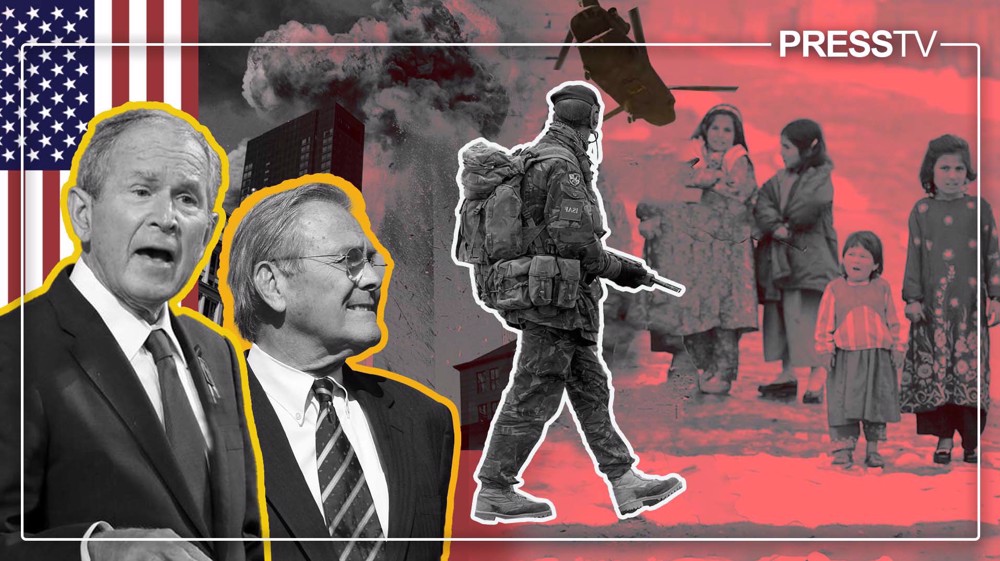

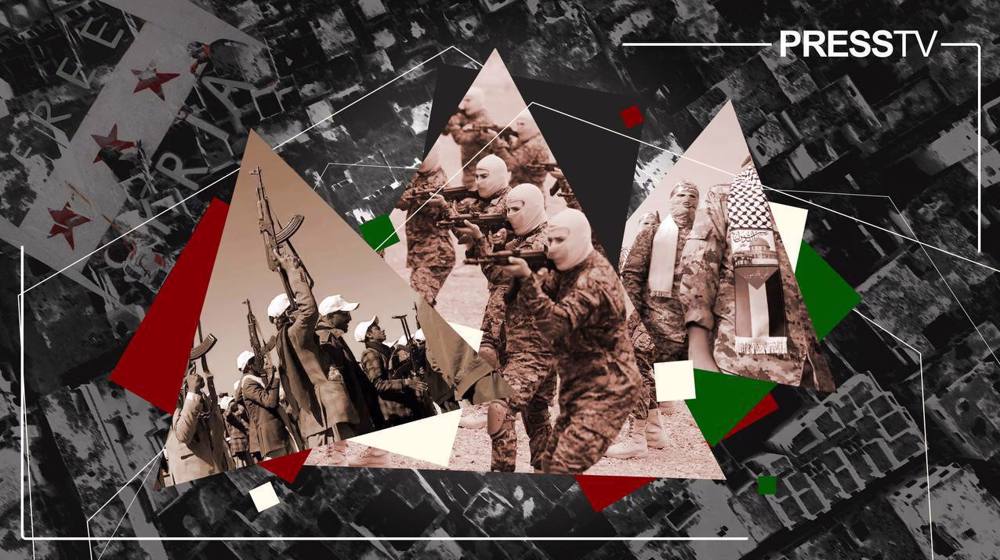




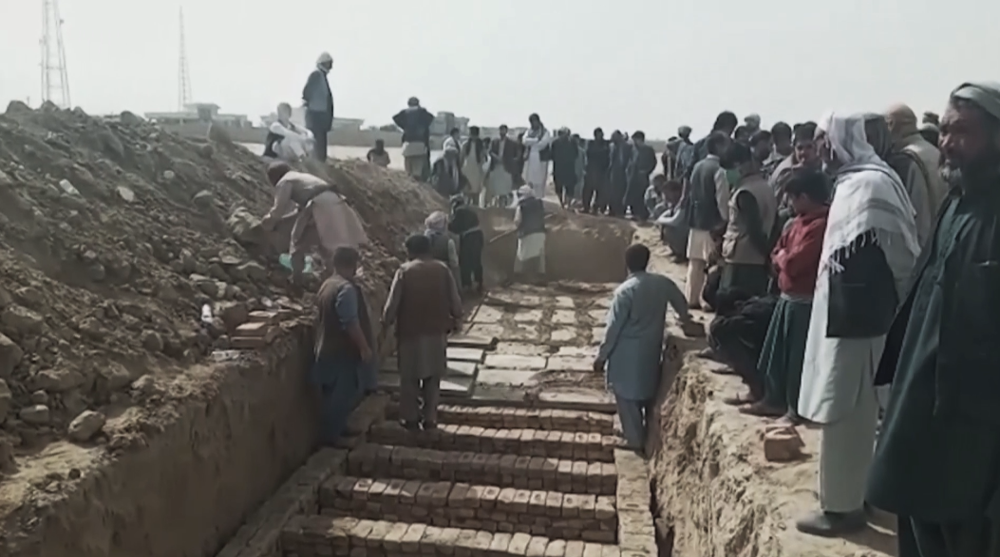
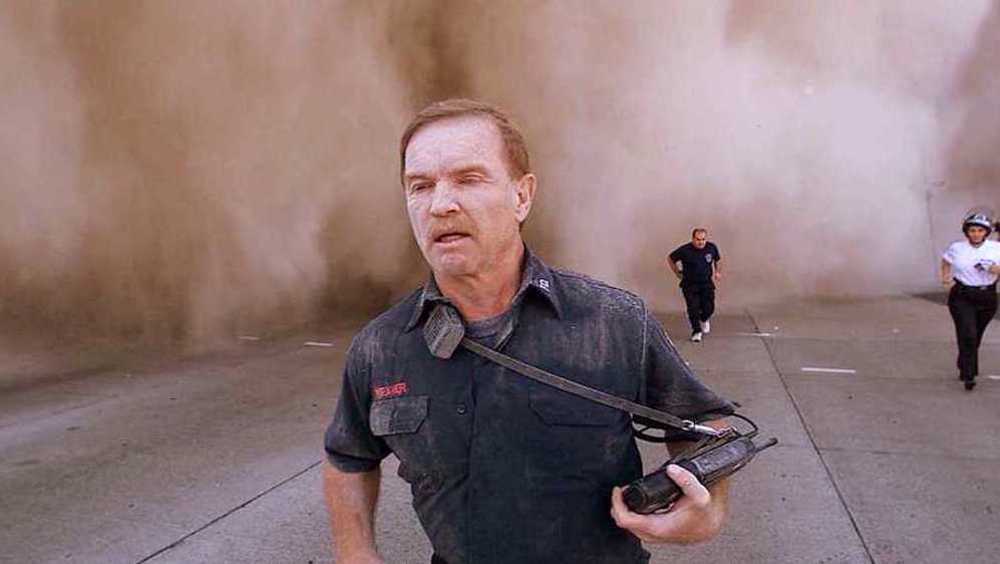
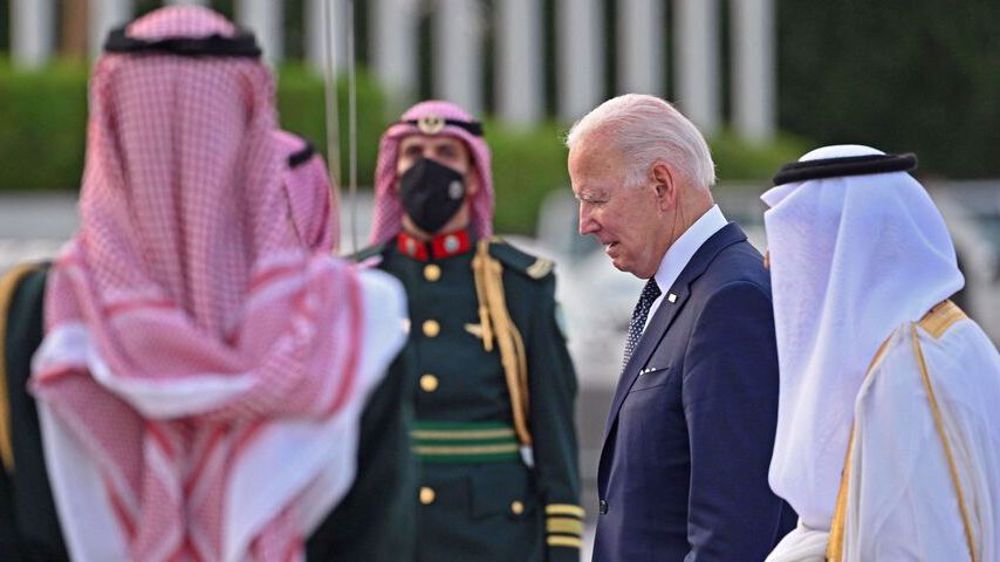
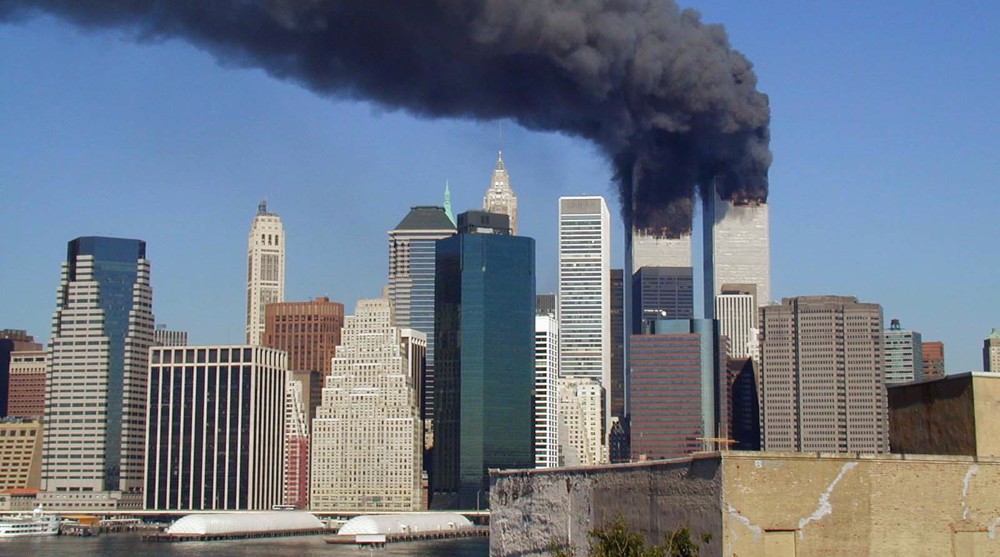


 This makes it easy to access the Press TV website
This makes it easy to access the Press TV website